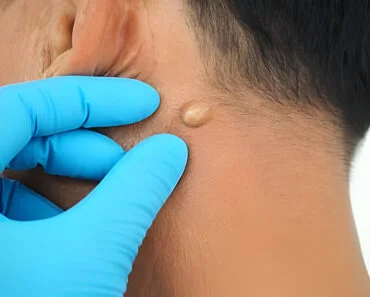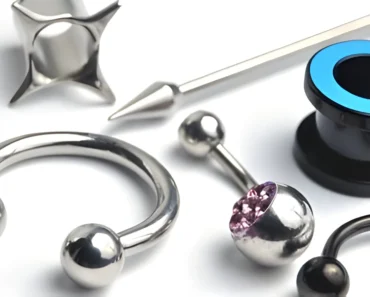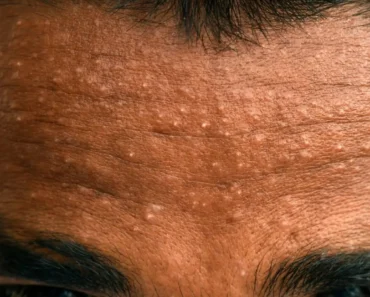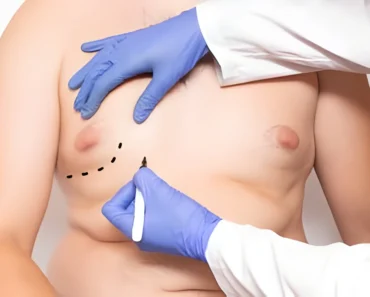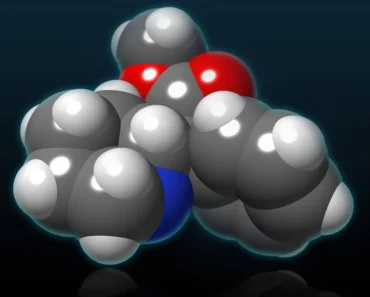
Some home remedies for toothache, such as rinsing with salt water or using a cold compress, may help relieve tooth pain. However, a dentist may need to treat the underlying cause if the pain persists.
Toothache can strike without warning, causing discomfort and pain. While severe cases require a dentist’s attention, some home remedies can provide temporary relief. This article explores ten natural treatments to alleviate toothache.
Home Remedies for Toothache
Saltwater Rinse
A natural disinfectant, saltwater can reduce inflammation and heal oral wounds. Mix 1/2 teaspoon of salt with warm water and rinse your mouth thoroughly.
Cold Compress
Applying a cold compress can alleviate pain by reducing inflammation and numbing the area. Use a cold pack on the affected side of your face for 20 minutes.
Clove Oil
Clove oil, rich in eugenol, is a natural anesthetic. Apply a small amount to a cotton ball and dab on the affected tooth.
Peppermint Tea Bags
Peppermint has numbing properties. Cool a used tea bag and apply it to the sore area for temporary relief.
Garlic
Garlic can kill bacteria and relieve pain. Crush a garlic clove, mix with salt, and apply to the affected tooth.
Hydrogen Peroxide Rinse
Rinsing with a 3% hydrogen peroxide solution can reduce pain and inflammation. Ensure you do not swallow it.
Thyme
Thyme has powerful antibacterial and antioxidant properties. Apply thyme oil or a tea made from thyme to the affected area.
Aloe Vera
Aloe Vera’s soothing properties can help relieve pain and inflammation. Apply Aloe Vera gel to the affected tooth and gums.
Guava Leaves
Guava leaves have anti-inflammatory and antimicrobial properties. Chew on fresh leaves or use as a mouthwash.
Wheatgrass
Wheatgrass can combat bacteria and reduce inflammation. Use wheatgrass juice as a mouthwash.
When to See a Dentist
If home remedies do not alleviate the pain or if symptoms worsen, seek dental care immediately.
While these home remedies can provide temporary relief, they are not a substitute for professional dental care. Regular dental visits and good oral hygiene can prevent toothache.
Frequently asked questions
No, these remedies provide temporary relief. Persistent pain requires a dentist’s evaluation.
Some remedies are safe, but consult a pediatric dentist before use.
Use as needed for pain, but not as a substitute for dental advice.
Consult your dentist before applying remedies around dental work.
Yes, discontinue use and seek professional advice if pain worsens.
